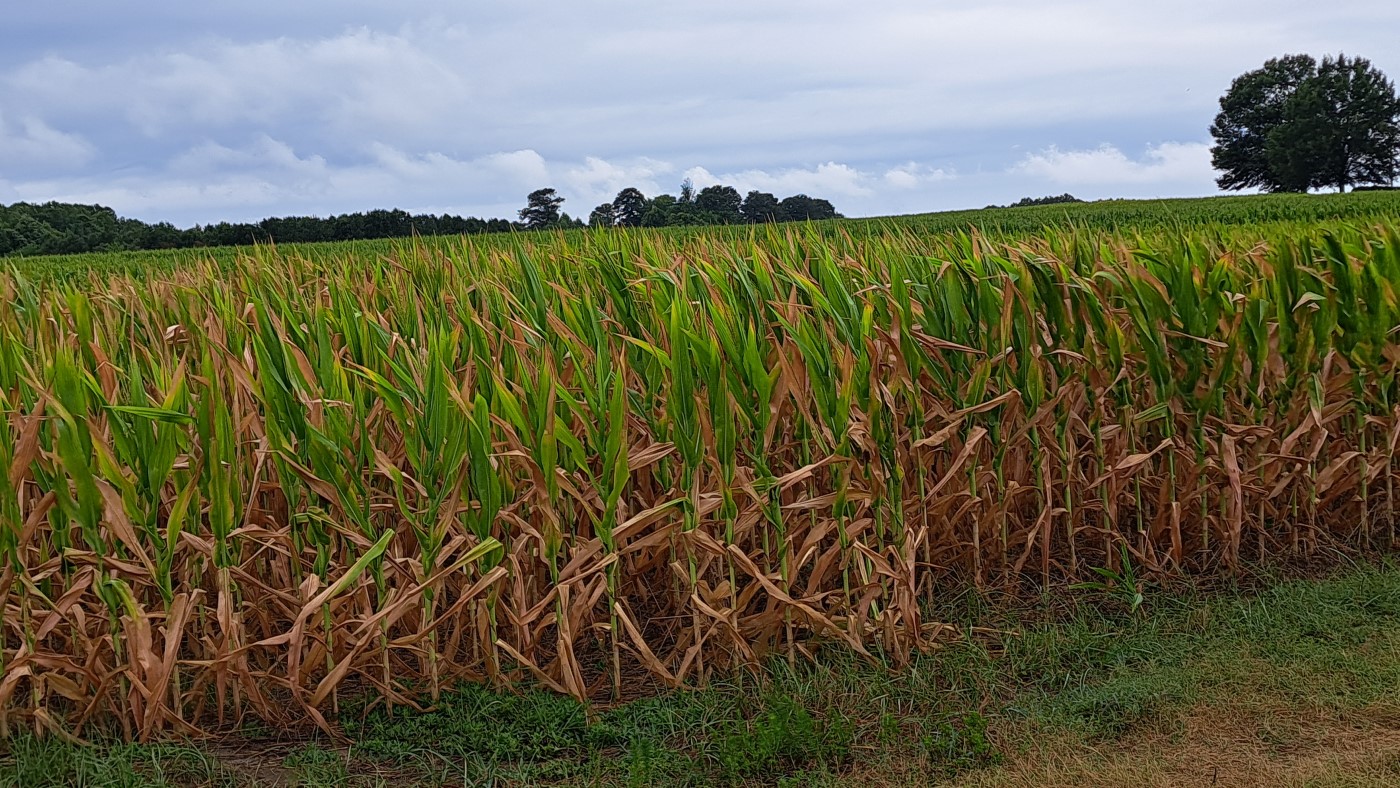Farmers in the Carolinas continue to battle the effects of extreme weather, starting with a flash drought in June to heavy rains in July, followed by tropical storm Debbie in August. USDA Undersecretary Robert Bonnie toured eastern North Carolina last week and saw the crop damage firsthand.
“We saw that North Carolina farmers have been hit with a series of events, and that’s had enormous impacts on soybeans, tobacco, sweet potatoes, a variety of crops. So the need here is is heavy.”
Bonnie was happy to report that the first round of USDA help is already on the way, almost $100 million in crop insurance.
“Dollars have already gone to those folks hit by wind. We’re going to get more losses that will be covered through crop insurance. But the need here is deep, and you spend a lot of time with with farmers, trying to understand that today, learn what more we can do. We’re also going to need help with Congress, I think.”
With extreme weather becoming more and more the norm, Bonnie said USDA is becoming a disaster agency.
“I’ll give you an example. We have a disaster like this. It puts a lot more pressure on our local offices to help farmers, so we’re literally having to surge staff to different parts of the country to deal with that demand. And if it were one place, that’d be one thing, but it’s Puerto Rico, it’s Florida, it’s New England, it’s the Midwest, it’s the West. We have large wildfires. It’s North Carolina, putting more and more stress on our staff. And I think as we think about a farm bill, as we think about disaster programs, we understand that this is going to be part of the way we do business. We both have to think about, how do we do a better job of responding to these incidents? Also, how do we help farmers be more resilient on the front end.”
Speaking of the Farm Bill, he emphasized the need for renewing the legislation ASAP, and what USDA would like to see in it.
“First, the conservation programs can be really, really important in terms of help and partnering with farmers to make those operations more resilient through soil health and all the types of things we can do there. So that’s one piece. Second piece is strong bipartisan support for crop insurance. We need to continue to invest in that. It’s a really important tool. I think crop insurance will be a really important part of the Farm Bill. So we think about other parts of the safety net. They’re critically important to think of our farm loan programs and the ability to make our farmers more financially viable and to allow them to create more equity into their operations.”
But he’s not holding his breath on when Congress will push it across the finish line.
“There’s work going on behind the scenes. I think it’s doubtful we get it before the election. I think if we kind of get one this year, it happens in a lame duck Congress following the election, but we got a lot of work to do before we get there. And from our standpoint at USDA, our job is to help Congress get it done, to provide assistance. We continue to do that, and we’re prepared to work as hard as we can to get it done as soon as we can.”


